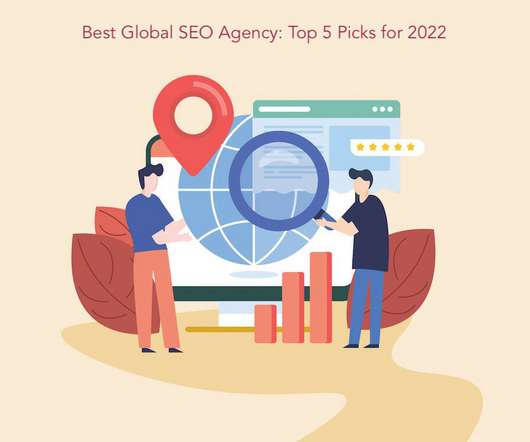How Companies Like Bored Panda, REI, and Vox Are Growing Their Organic Reach on Social Media
Buffer
OCTOBER 1, 2018
The algorithm determines what every user sees on their timeline. The algorithm is ever-changing, always improving to make sure that users see what they want to see most. Curate user-generated content. User-generated content. Next is the most important step for a user-generated content strategy.
















Let's personalize your content